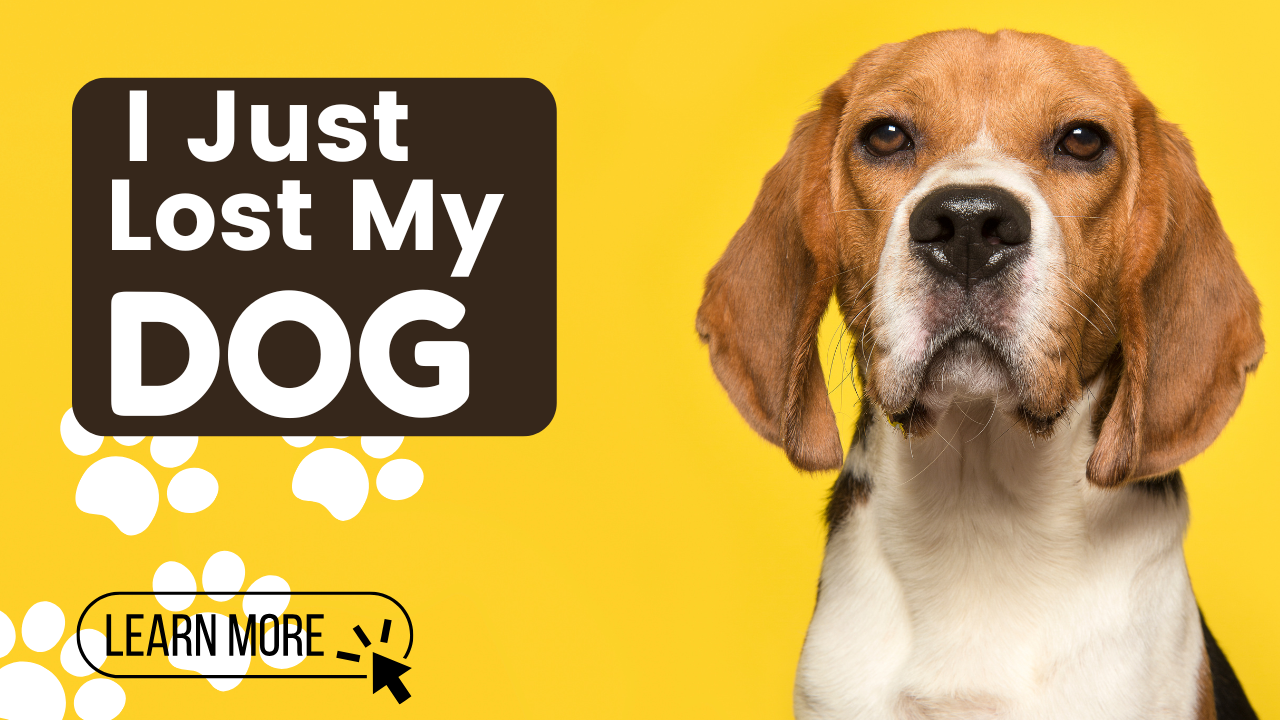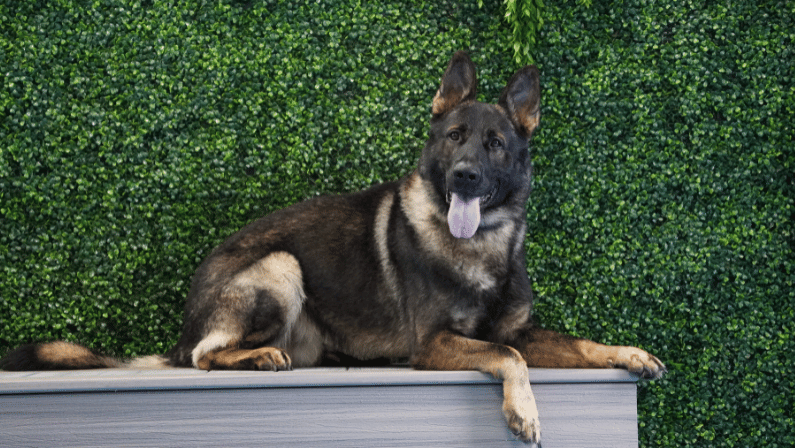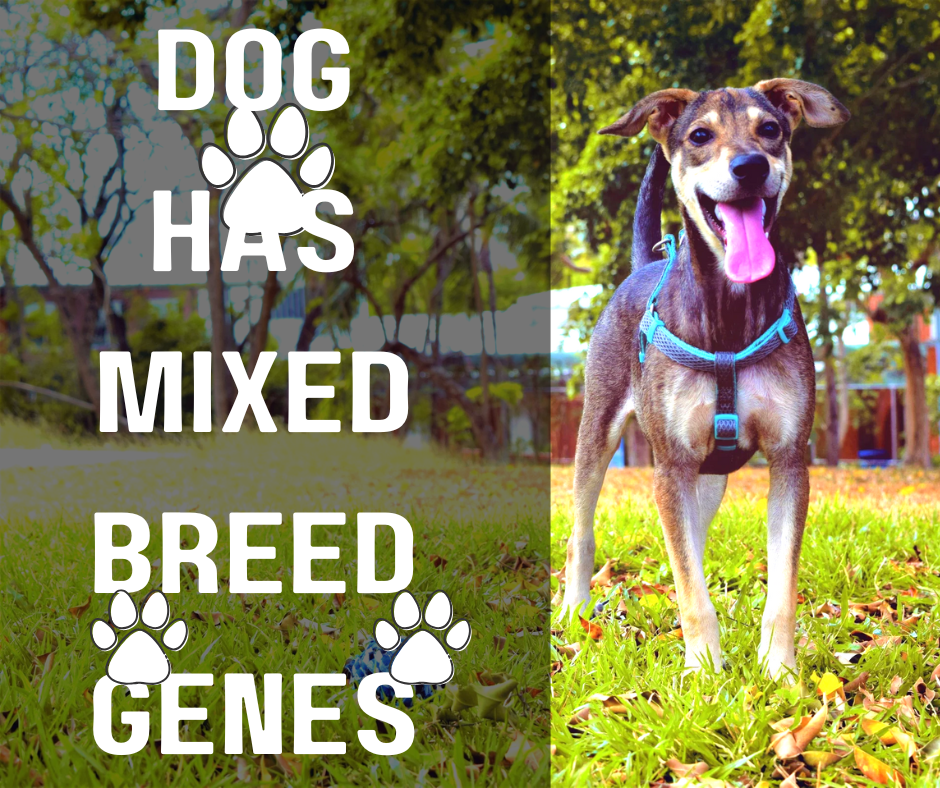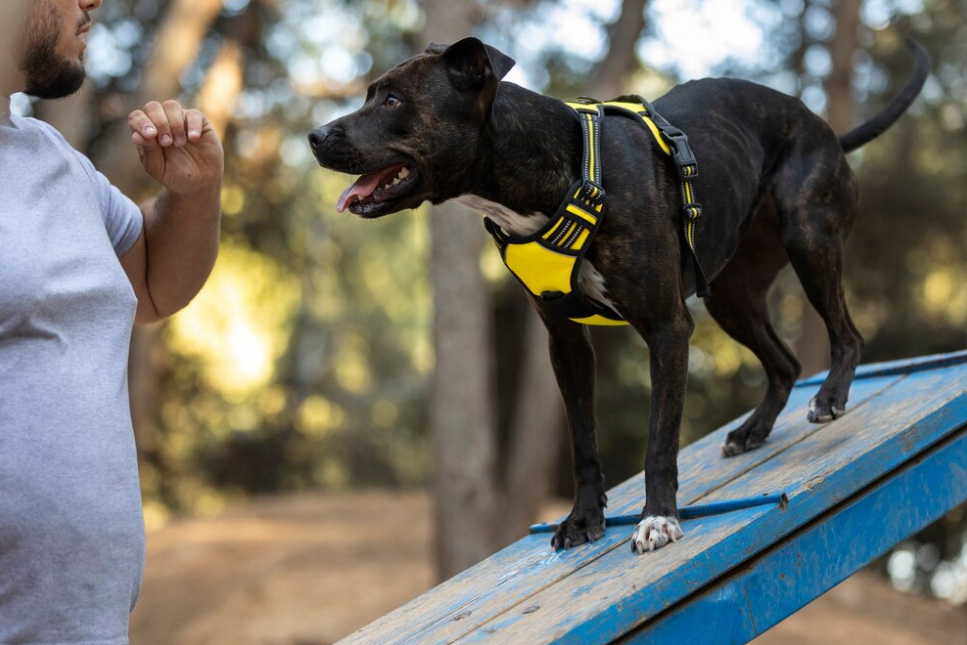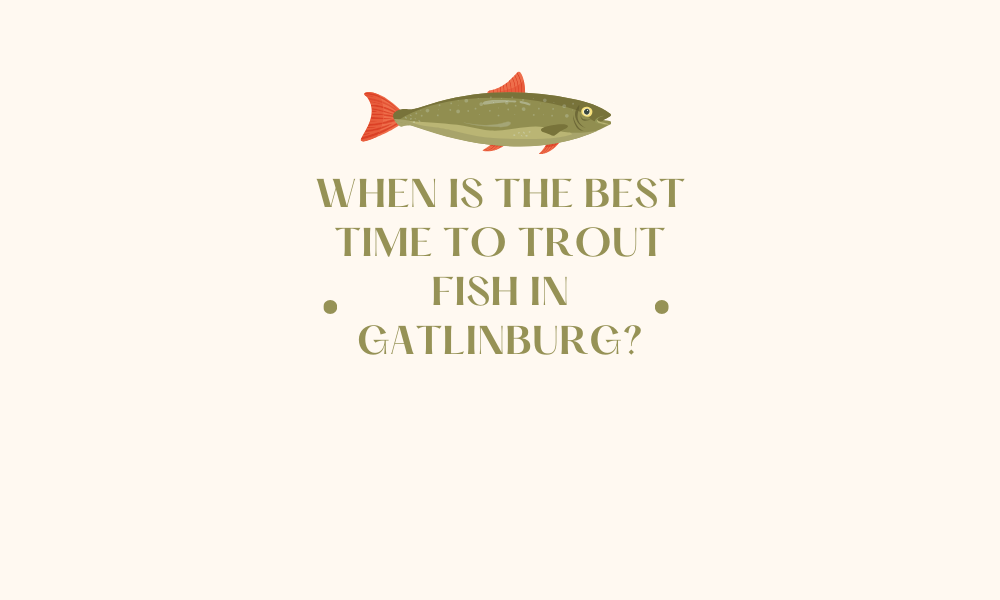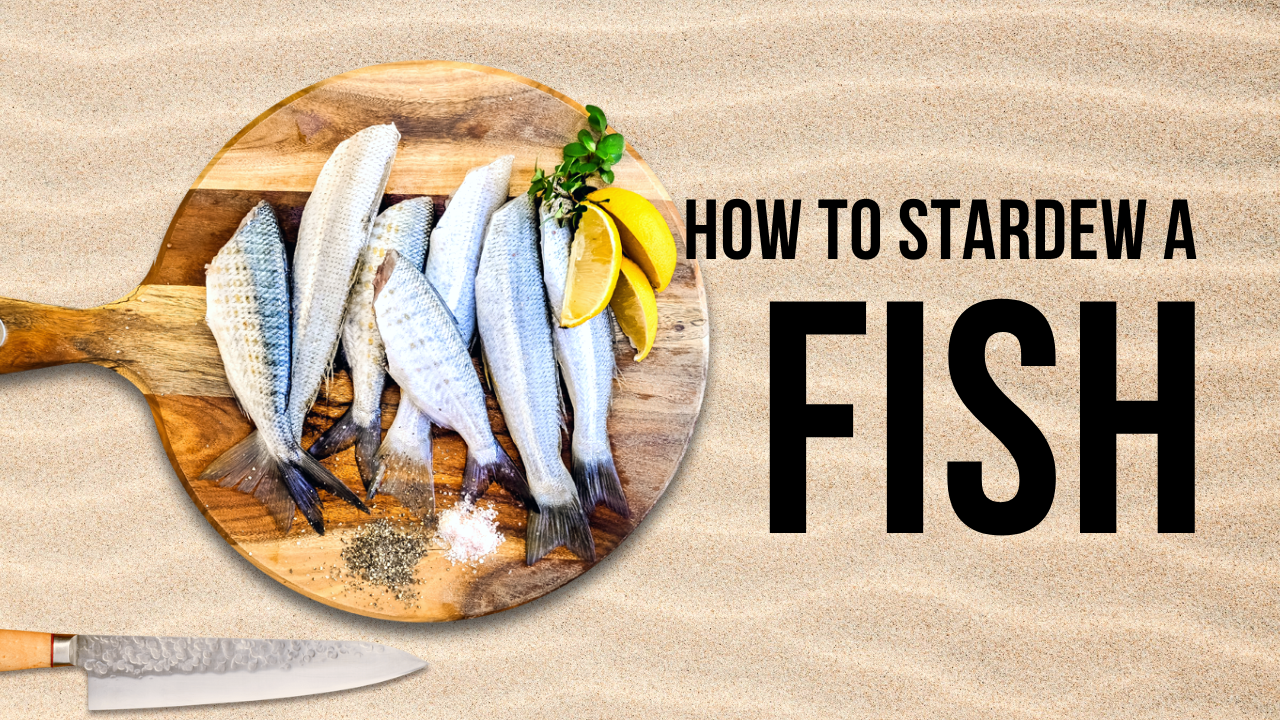Losing a dog can feel like losing a family member. Many people often feel as though they have lost a true companion—someone who was there through thick and thin, offering unconditional love, companionship, and joy. If you find yourself saying, “I just lost my dog,” know that you’re not alone in this experience. Grief over the loss of a pet is real, and it is perfectly normal to feel overwhelmed by the sadness and pain.
In this article, we’ll explore the emotional journey of losing a dog, ways to cope with the grief, and how you can eventually find healing. We will address the emotional impact, the mourning process, and practical tips to help you navigate this difficult time.
The Emotional Impact of Losing a Dog
When you say, “I just lost my dog,” you are acknowledging the emotional depth of the loss. Dogs aren’t just pets—they become an integral part of our families. They are constant companions who offer comfort during difficult times, celebrate our successes, and provide support through daily routines. Losing them is not just a loss of an animal, but the end of a relationship that was built over time.
For many, the grief associated with the loss of a dog can be just as intense as the loss of a human friend or family member. The pain is often compounded by the fact that we know we’ll never experience the same bond again. It’s normal to feel a mix of emotions, such as sadness, anger, guilt, and even confusion. If you are experiencing these emotions after losing a dog, know that they are part of the natural grieving process.
Understanding the Grieving Process
When you say, “I just lost my dog,” it’s essential to recognize that grief doesn’t have a specific timeline. Everyone grieves in their own way and at their own pace. The stages of grief, as identified by Elisabeth Kübler-Ross, include denial, anger, bargaining, depression, and acceptance. These stages can manifest differently depending on the individual and the circumstances surrounding the loss.
- Denial: At first, you may feel like it’s not real. You might expect to see your dog at the door or hear their paws on the floor. This stage can also involve difficulty accepting the finality of death.
- Anger: Losing a dog can bring about feelings of anger, whether it’s frustration with yourself for not doing more or anger at the situation itself. This stage can sometimes be directed at other people or even at the pet for leaving.
- Bargaining: Some people may find themselves wishing they could turn back time or make deals in their minds. This stage is often tied to a sense of helplessness.
- Depression: Feelings of deep sadness and hopelessness are common. You may feel overwhelmed by the grief, unable to function in daily life, and miss the presence of your dog intensely.
- Acceptance: Over time, the intense sadness will gradually lessen. While you may never fully “get over” losing your dog, you will learn to live with the pain and cherish the memories.
It’s important to note that you don’t have to go through these stages in order or at a set pace. Grief is unique for everyone, and there’s no right way to process it. If you are struggling with your grief, it may be helpful to reach out to a therapist or support group that specializes in pet loss.
Coping Strategies After Losing Your Dog
If you find yourself saying, “I just lost my dog,” it’s essential to understand that there are practical ways to help you cope with the grief. While healing takes time, there are certain strategies you can implement to ease the emotional burden.
- Allow Yourself to Grieve: One of the most important things you can do when you lose your dog is to allow yourself to feel the emotions. Don’t bottle up the sadness or try to “move on” too quickly. Give yourself permission to grieve. Cry if you need to, talk about your dog, and let the feelings come. Suppressing emotions often prolongs the grieving process.
- Create a Tribute: One way to honor the memory of your dog is by creating a tribute. This could be as simple as a photo album or a scrapbook. Some people like to plant a tree in memory of their pet or create a special space in their home with their dog’s belongings. Having a physical representation of your dog can be comforting as you process the loss.
- Talk About Your Feelings: It’s important to talk about your grief, whether it’s with a trusted friend, family member, or therapist. Sharing your emotions can provide relief, and sometimes, just knowing someone else understands what you’re going through can help ease the burden.
- Remember the Good Times: While it’s natural to mourn the loss, don’t forget to reflect on the joy your dog brought into your life. Remember the happy moments—the walks, the playtimes, and the unconditional love they gave you. Celebrating your dog’s life rather than focusing solely on the loss can bring some comfort.
- Give Yourself Time: Healing from the loss of a dog takes time. You might not feel “better” right away, and that’s okay. Allow yourself to feel sad, but also know that, eventually, the pain will become more manageable. Time will help heal the wound, and although you will never forget your dog, you will find peace in the memories.
- Consider a Pet Memorial: For some people, creating a memorial for their dog helps with the grieving process. This could be a small plaque, a paw print in clay, or even a donation to an animal charity in your dog’s name. This act can offer a sense of closure and allow you to honor your dog’s memory in a meaningful way.
Is It Okay to Get Another Dog?
After losing a dog, you may wonder whether it’s too soon to get another one. The decision to bring a new dog into your home is highly personal and depends on your emotional state. Some people feel ready to adopt a new dog soon after their loss, while others may need more time to heal.
It’s important to remember that adopting a new dog doesn’t mean replacing the one you lost. Every dog is unique, and the bond you share with each will be different. If you feel ready, consider adopting a dog from a shelter in need of a loving home. But only do so when you feel emotionally prepared to offer that dog the love and attention they deserve.
Finding Closure
When you say, “I just lost my dog,” it can be helpful to find closure to help you move forward. Closure doesn’t mean forgetting your dog—it means coming to terms with the loss and finding peace in your heart.
- Rituals for Closure: Many people find comfort in holding a small ceremony to say goodbye to their pet. This could be a private moment of reflection, saying a few words about your dog’s impact on your life, or simply sitting quietly with their remains.
- Celebrate the Life: Celebrate the joy your dog brought into your life. Perhaps you could gather friends and family who loved your dog to share stories, pictures, and memories. This can be a healing experience that honors your dog’s legacy.
Moving Forward with Healing
The pain of losing a dog will never fully go away, but over time, you will learn to live with it. You may never stop missing your pet, but you will eventually be able to smile when you think about the good times you shared.
It’s important to remember that everyone grieves differently, and there’s no “right” way to process the loss. Whether it takes months or years, give yourself the space and time to heal. If you find yourself saying, “I just lost my dog,” be gentle with yourself during this process, and know that, in time, the sadness will begin to fade, and the memories will live on forever in your heart.
Conclusion
Losing a dog is one of the hardest experiences pet owners face, but it’s important to remember that grief is a process. If you just lost your dog, it’s okay to grieve, to feel sadness, and to take the time you need to heal. Whether it’s through creating a tribute, talking about your feelings, or simply taking time to reflect on the love you shared, finding ways to honor your dog can be a crucial step toward healing. Your dog will always hold a special place in your heart, and while the pain may never fully go away, you will learn to live with it in a way that allows you to cherish the memories and love you shared.

